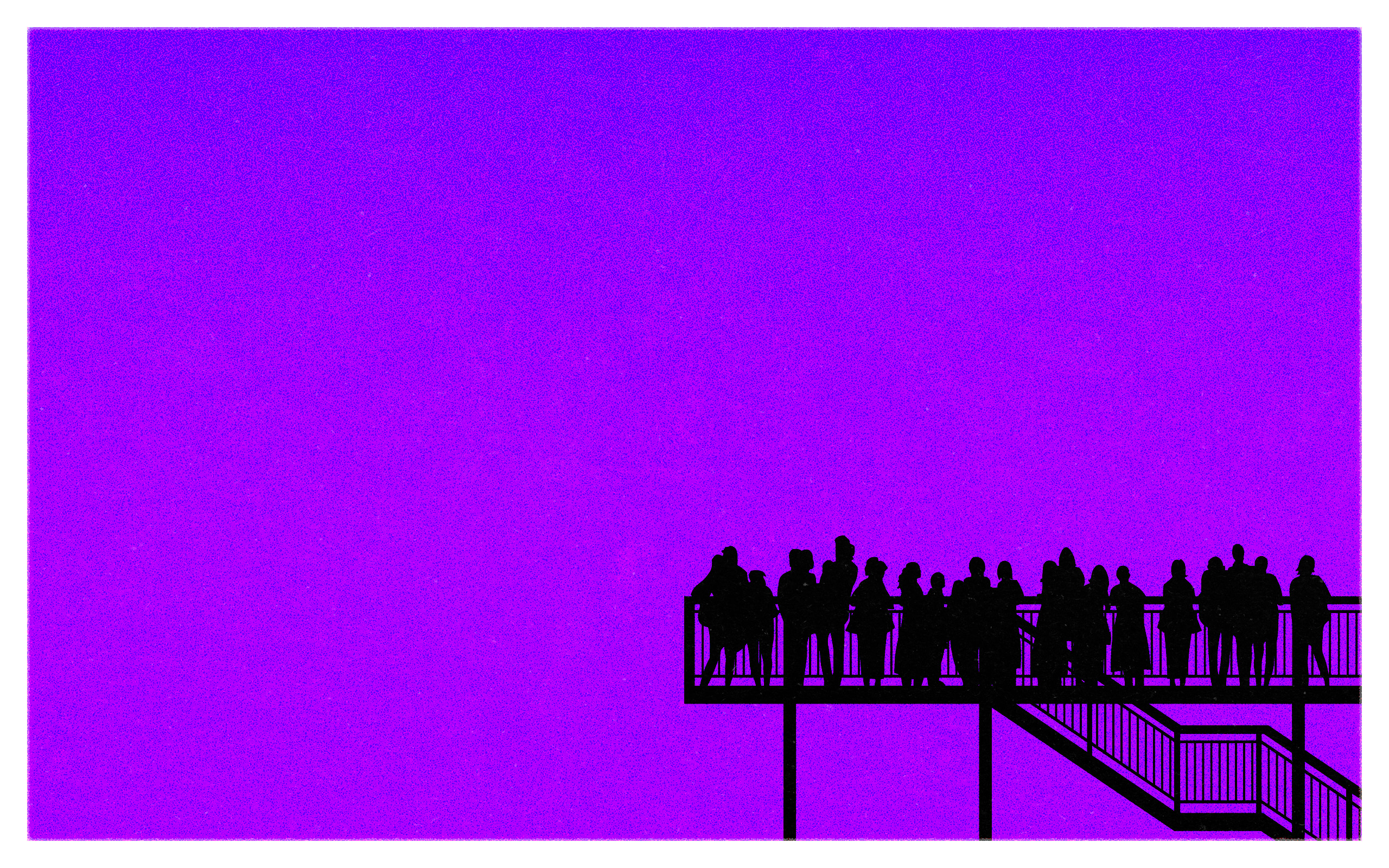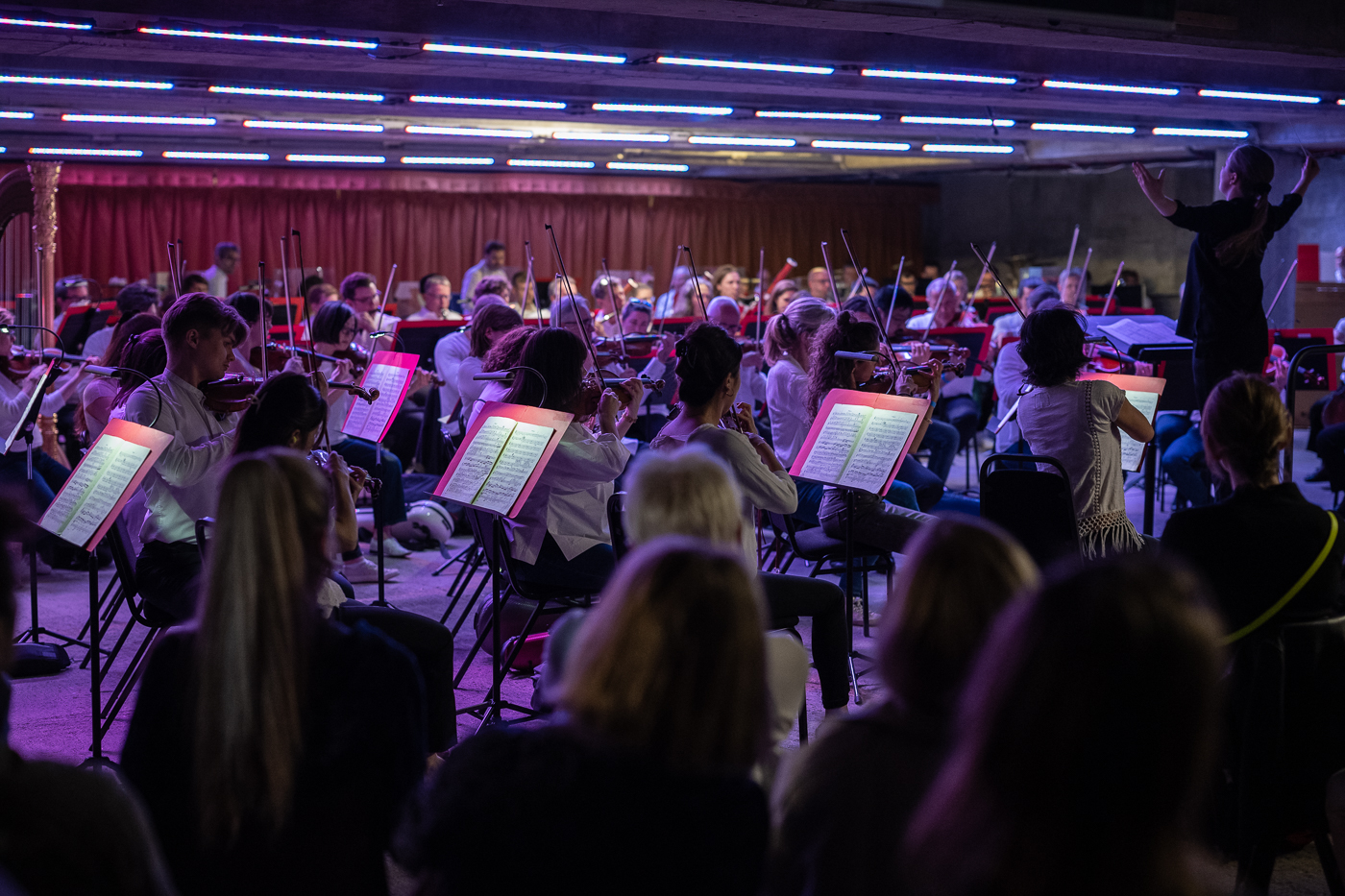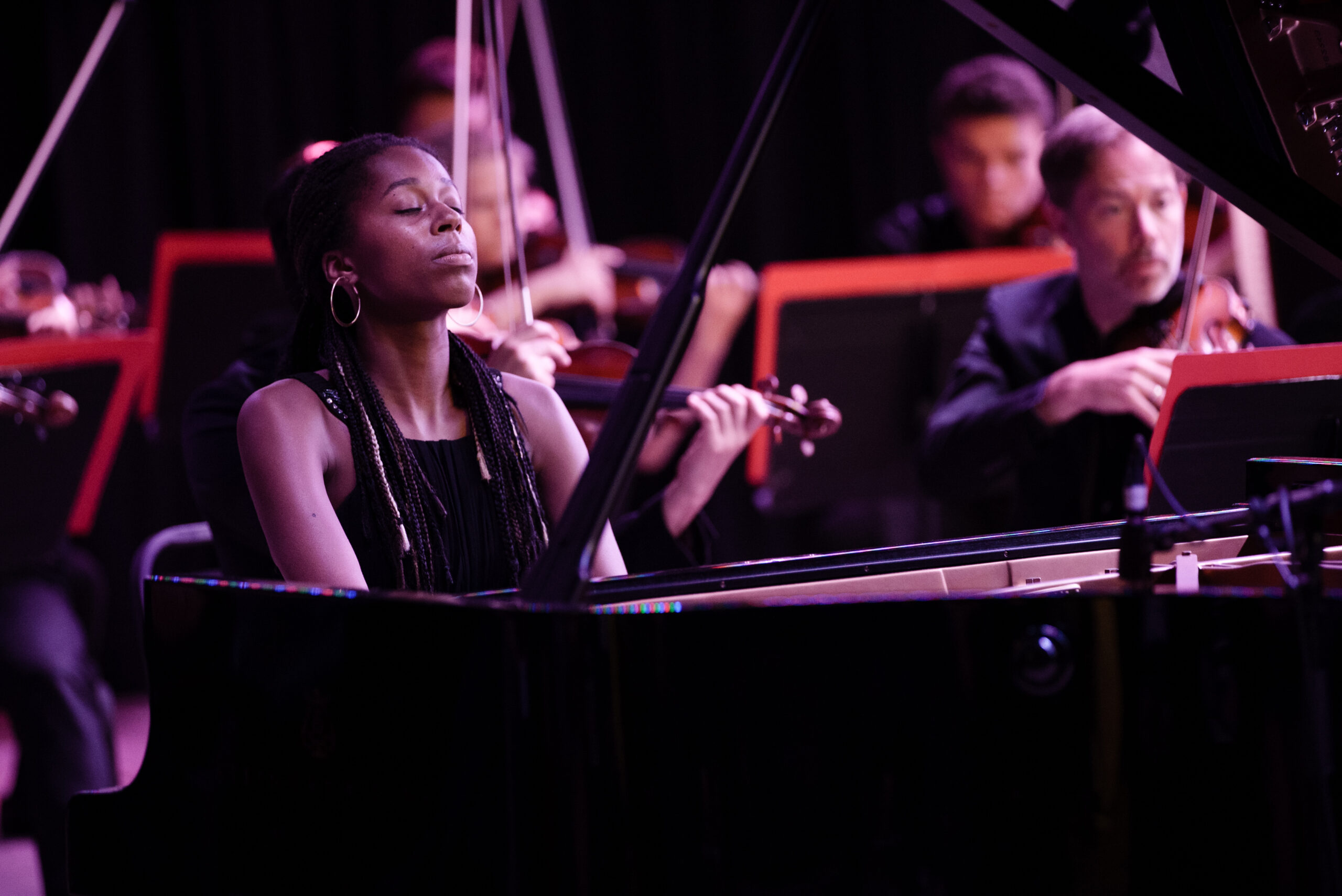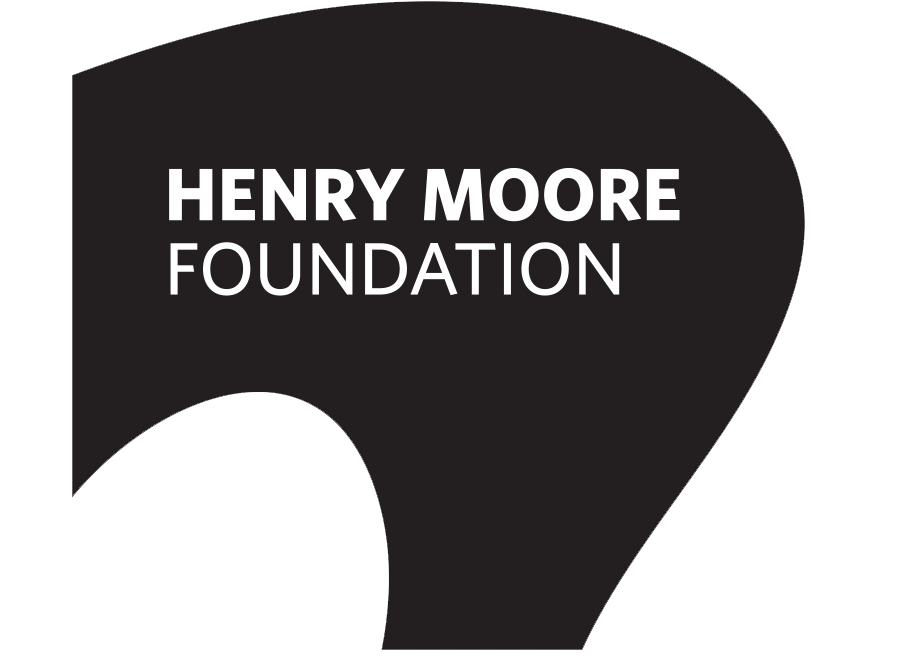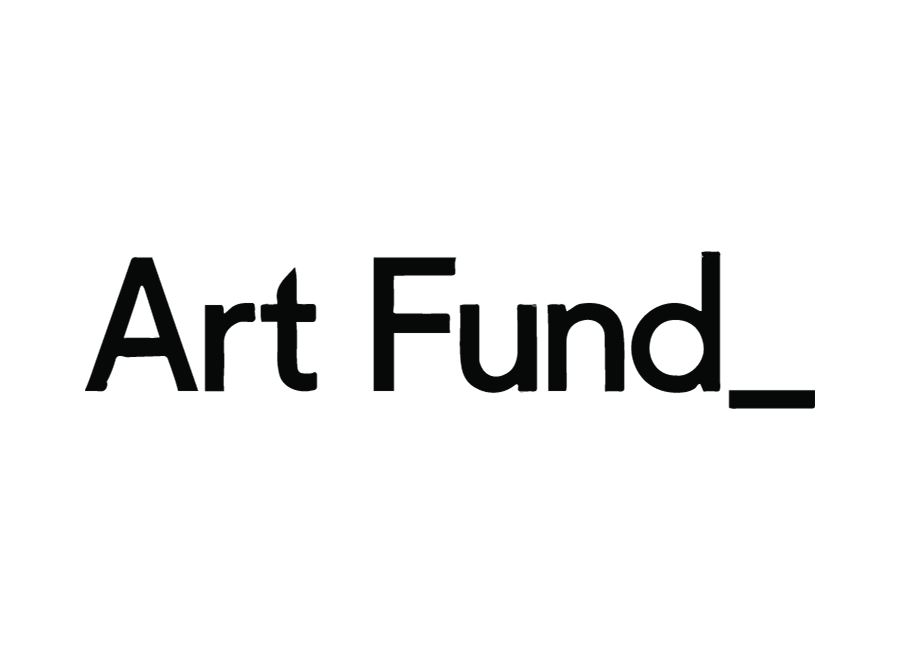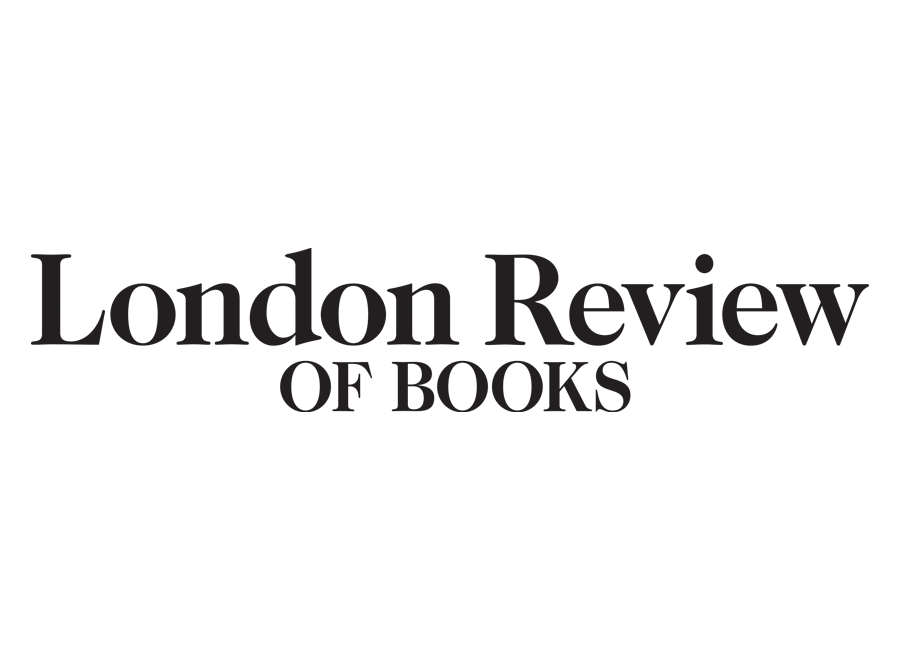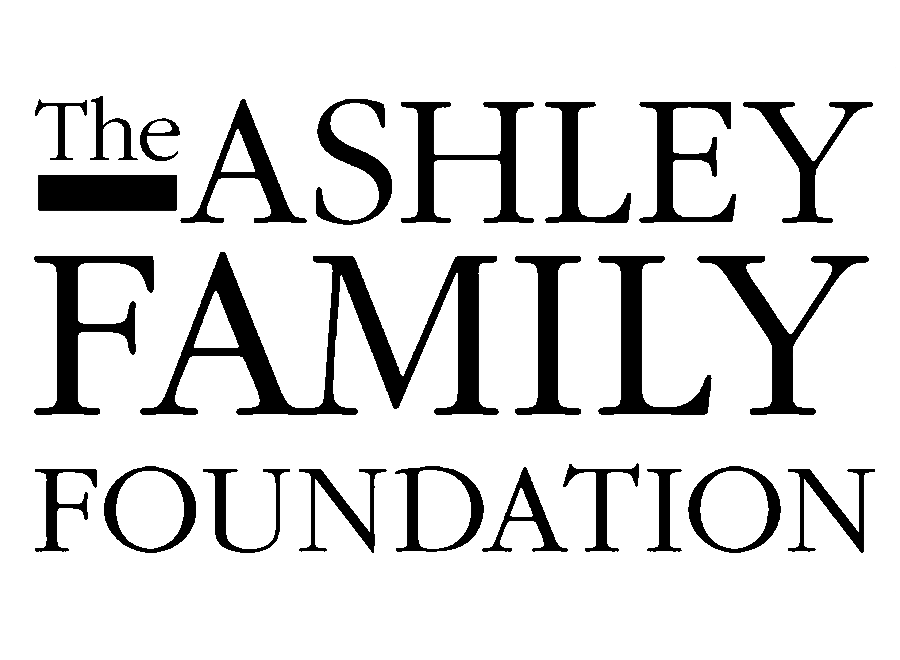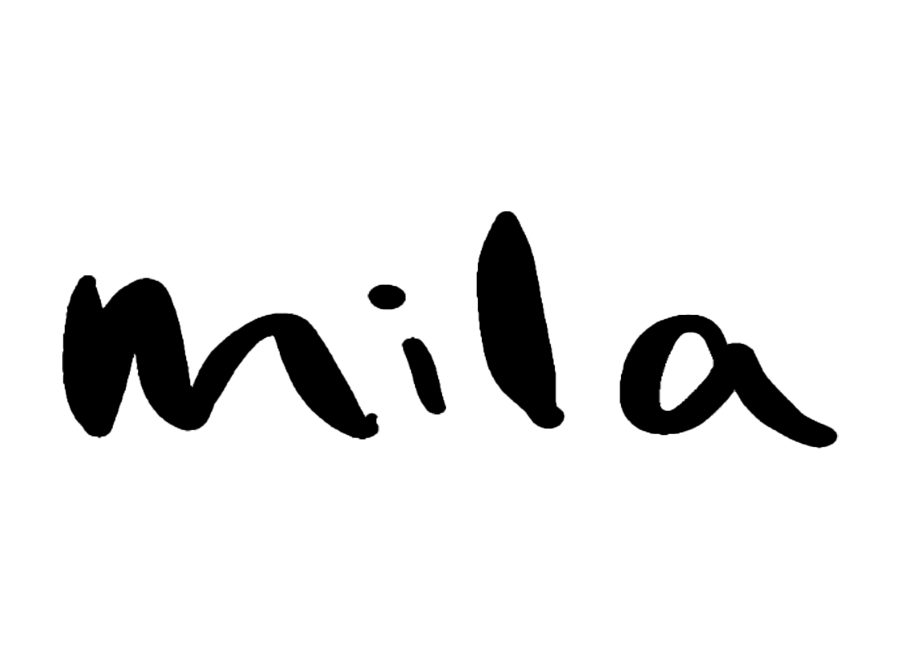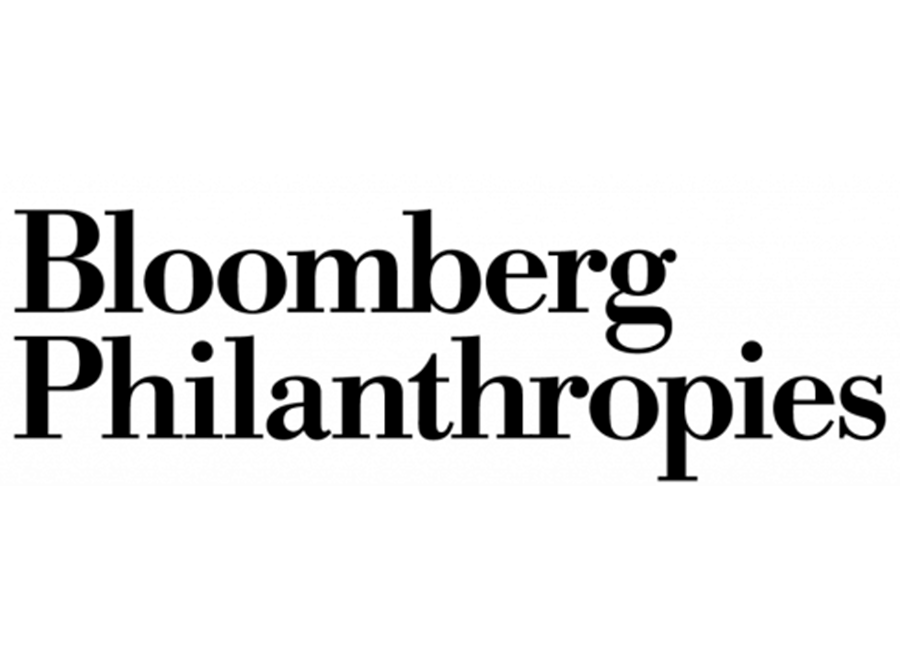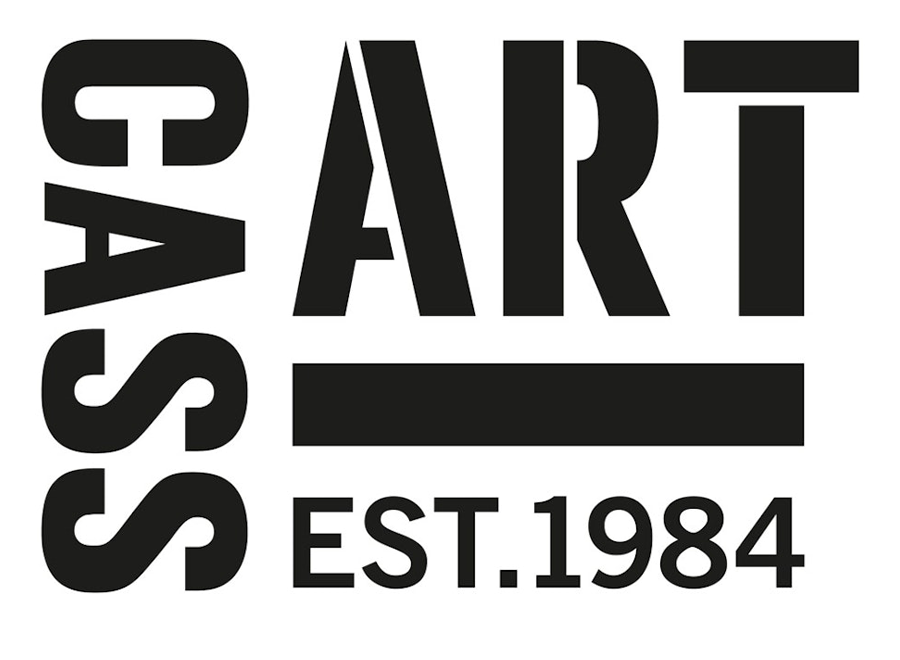Saelia Aparicio (b. 1982, Valladolid, ES) lives and works in London. Her sculptures and installations shape a fictional, tongue-in-cheek world of ecology, feminism and allegory.
Working across functional sculpture, murals, blown glass and living plant life, she finds inspiration from classical mythology and the transformative hybrid forms found in Ancient Egypt, Mesopotamia and pre-Columbian Meso-America, creating imaginary future characters and landscapes that question the relationship between the human body and its environment.
Playing with the human figure in subversive, metamorphic, and at times, humorous style, Aparicio uses her work to explore universal issues of existentialism, migration, urban infrastructure, pollution and the climate crisis.
Aparicio graduated from The Royal College of Art, London, in 2015, having previously studied at University of Castilla-La Mancha, Ciudad Real, graduating in 2009.
Recent solo exhibitions include with MUSAC, León, ES (2022); FUMI, London, UK (2022); The Ryder, Madrid, ES (2019); and TURF Projects, Croydon, UK (2017). In 2021 her work was selected for Survey II, a touring exhibition across Jerwood Space, London; G39, Cardiff; and Site Gallery, Sheffield, UK.
Aparicio was recipient of the Generaciones 2019, a prestigious award for emerging artists in Europe, and was commissioned by Serpentine Galleries for their General Ecology programme. She has delivered public programming at Open School East (2022), CA2M Madrid (2023) and EBC, Bristol (2024).
In 2024 Aparicio will present a duo-show with Jong-Wan Jang at Cylinder, Seoul, KR, and new work for Coster, an outdoor sculpture project in Pollensa, Palma de Mallorca, ES. In 2025 Aparicio will realise a solo exhibition at Baltic Centre for Contemporary Arts, Gateshead.


